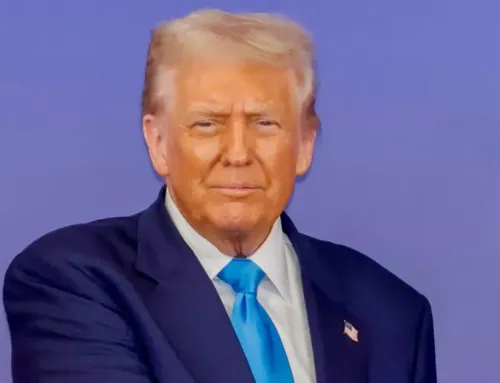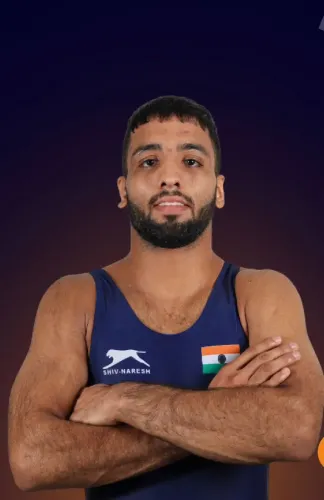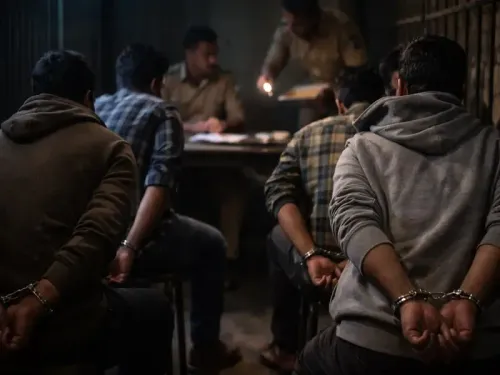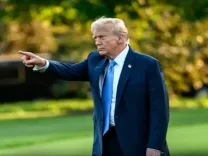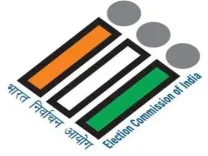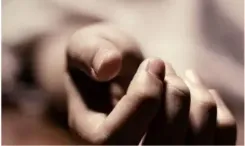Did South Korea's Ex-President Yoon Face Insurrection Trial in Controversial Hearing?
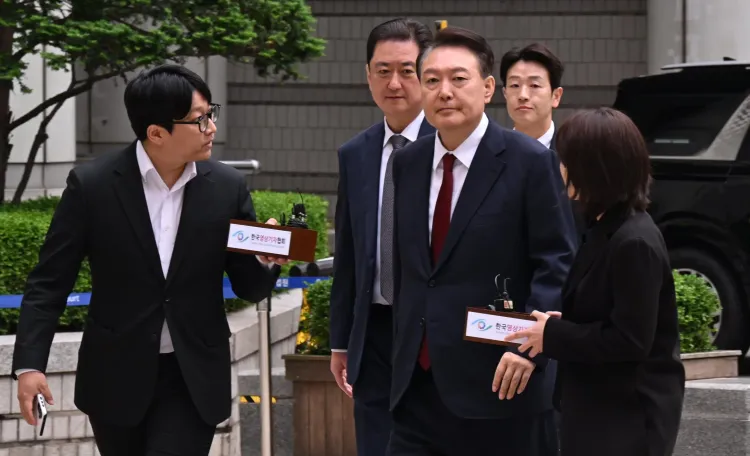
Synopsis
Key Takeaways
- Yoon Suk Yeol attends his fourth insurrection trial hearing.
- New allegations include power misuse related to his martial law declaration.
- Witnesses recount significant events from the night of December 3.
- The upcoming election is crucial for Yoon's political legacy.
- Yoon's potential conviction could lead to severe penalties.
Seoul, May 19 (NationPress) Former South Korean President Yoon Suk Yeol made his way to the fourth session of his insurrection trial on Monday amidst ongoing debates about his potential impact on the upcoming presidential election. Yoon arrived at the Seoul Central District Court in a black van, entering the building without responding to reporters' inquiries. This marked his second entrance through the main entrance after using the underground parking for his previous court appearances.
During Monday's proceedings, the focus was not only on the allegations that Yoon led an insurrection with his martial law declaration on December 3 but also on new accusations of power misuse connected to the decree.
Two key witnesses were called to testify: Park Jeong-hwan, the chief of staff for the Army Special Warfare Command, and Lee Sang-hyun, former commander of the 1st Airborne Special Forces Brigade.
On the witness stand, Park recounted witnessing Lt. Gen. Kwak Jong-keun, then head of the Army Special Warfare Command, making several phone calls on the night of December 3.
While he couldn't hear the other party, Park noted that Kwak kept repeating phrases including a commitment to 'enter even by breaking down doors.'
Kwak had previously testified during Yoon's impeachment trial that the former president directed him via phone to forcibly enter the National Assembly to 'drag out' lawmakers who were convening to oppose his decree.
The election to select Yoon's successor is just two weeks away, set for June 3, following his impeachment over the martial law declaration, according to reports from Yonhap news agency.
Recently, Yoon stepped down from the conservative People Power Party amid concerns that his presence was hindering the campaign of presidential candidate Kim Moon-soo, whose support has lagged compared to his liberal opponent, Lee Jae-myung.
If found guilty of insurrection, Yoon could face severe penalties, including life imprisonment or even the death penalty.



